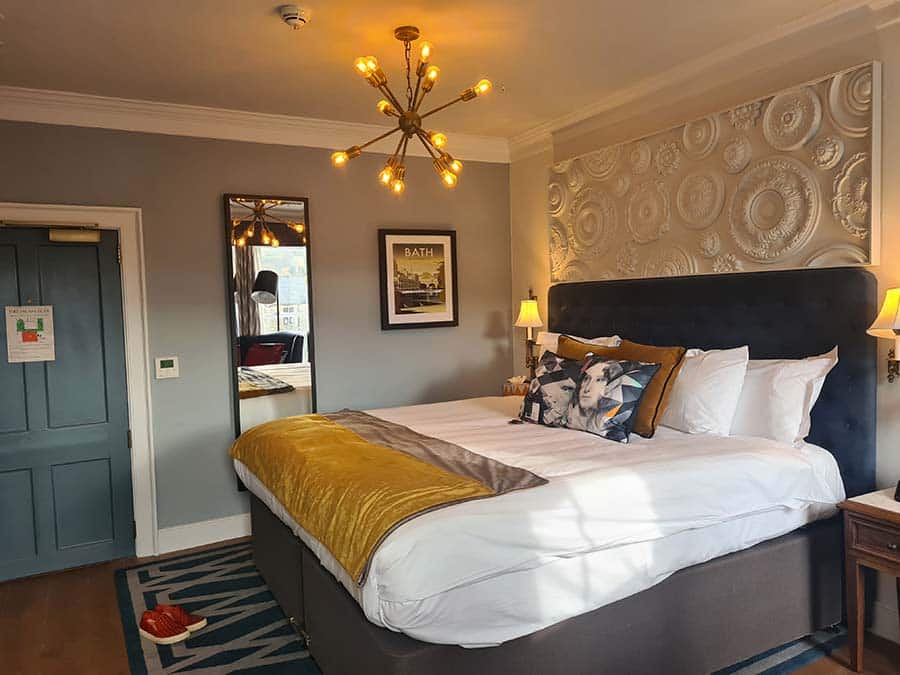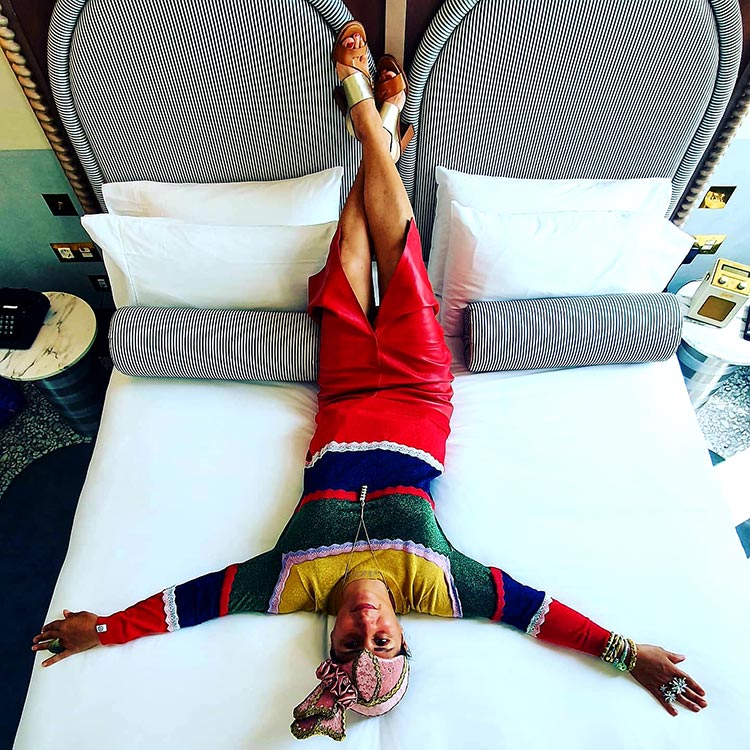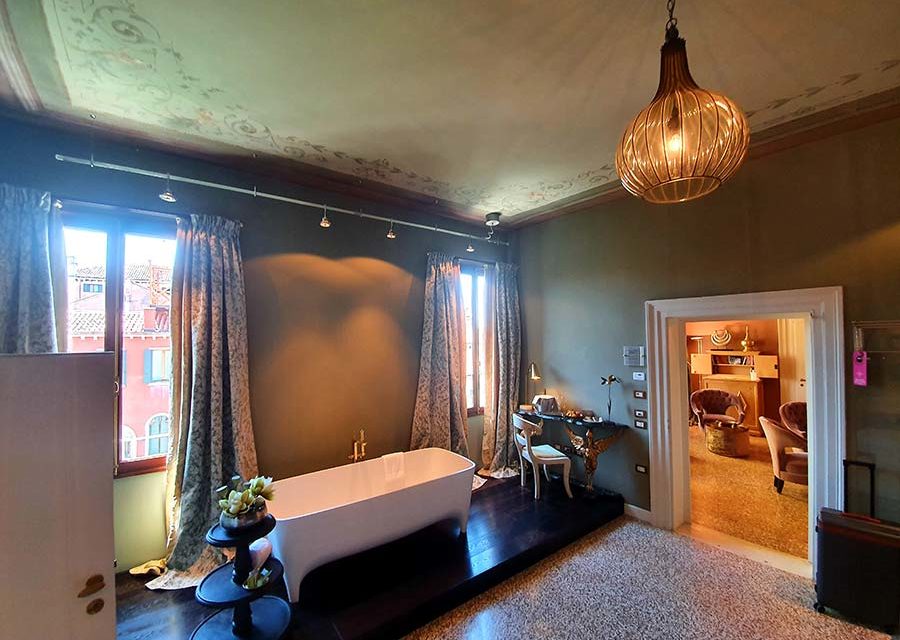A quiet revolution is unfolding in the hospitality industry—one that allows guests to book luxury hotel rooms for just a few hours. The driving force? Dayuse, a short-stay app that has amassed a dedicated user base of 2.5 million people. While some may assume these brief stays are for clandestine rendezvous, the reality is far more diverse.
A Private Escape
For Kate, a middle-class woman in her late 50s, this service offers more than convenience—it grants her a momentary escape from reality. Divorced after 25 years, juggling three teenagers, elderly parents, and a business, she found herself needing a space where she could simply be herself. Every few weeks, she books a six-hour stay at a nearby hotel, checks in at 4 PM, and sets up her own personal retreat. A bottle of wine, snacks, and aloe-vera water—her essentials—come along. She starts by wrapping up her workday, then indulges in uninterrupted relaxation.
A HBO binge The White Lotus, a long shower, or simply staring at the blank walls without thinking about laundry—this is her sanctuary.
By 6 PM, a knock on the door signals the arrival of a “play friend.” For the next four hours, she and her guest can enjoy each other’s company without the baggage of traditional dating. No elaborate dinners, no soft furnishing discussions, no awkward morning-after scenarios. It’s about pleasure, conversation, and companionship on her terms.

The Rise of Short-Stay Bookings
Dayuse, founded in Paris in 2010 by hotelier David Lebée, caters to a broad spectrum of needs. While intimacy is one reason for bookings, it’s far from the only one. Many use the service to break up a long journey, grab a quiet workspace between meetings, or even host small gatherings.
The concept is simple: hotels monetize otherwise idle rooms during the day, boosting occupancy without requiring structural changes or additional staffing. The formula has been wildly successful—Dayuse now operates in 28 countries with 8,500 hotels on its platform. Recent investments have fueled expansion into Asia, with Japan, China, and India on the horizon.
A Cultural Snapshot
The demand for short-stay hotels varies by location and culture. In Hong Kong and Singapore, where shared living spaces are common, couples use Dayuse to carve out private time. In Italy and Brazil, where young adults often live with family until marriage, discreet hotel bookings provide an alternative.
Contrary to stereotypes, only 45% of Dayuse users cite leisure as their primary reason for booking. About 35% use it for travel purposes—such as freshening up between flights—while 20% transform their rooms into temporary offices.

Hotels Find a New Revenue Stream
For hotels, this model is a financial lifeline. Instead of costly renovations or star-rating upgrades, they maximize existing resources. Lebée first tested this idea at Hôtel Amour in Paris, where he increased occupancy by 104% simply by introducing daytime reservations. The pandemic further accelerated the trend, as remote workers sought quiet workspaces and lockdown-weary individuals craved change.
Beyond Romantic Encounters
The applications of Dayuse go well beyond traditional expectations. Some guests book rooms to freshen up before a concert, host impromptu shopping hauls, or even gather for poker nights. One family used a Barcelona hotel near Sagrada Familia for two hours to feed and change their baby before continuing their sightseeing tour.
In the U.S., day passes for hotel pools and spas have gained traction, with companies like ResortPass offering luxury access for a fraction of an overnight stay. Similarly, Dayuse offers access to premium accommodations at deeply discounted rates—sometimes up to 75% off. A mid-range London hotel can be booked for £45 for the day, while even five-star properties like The Langham or The Londoner offer daytime stays for around £300.

The Appeal of Neutral Spaces
For Kate, the hotel stays offer a neutral and effortless backdrop for her encounters. The discretion, the convenience, and the ability to fully immerse in the experience without domestic distractions make Dayuse her go-to solution.
“You don’t have to deal with awkward goodbyes or clean up afterward,” she says. “You just enjoy, and then leave.”
As the demand for flexible hospitality continues to rise, Dayuse and similar services are reshaping how hotels operate and how guests experience luxury—one short stay at a time.
















You must be logged in to post a comment.